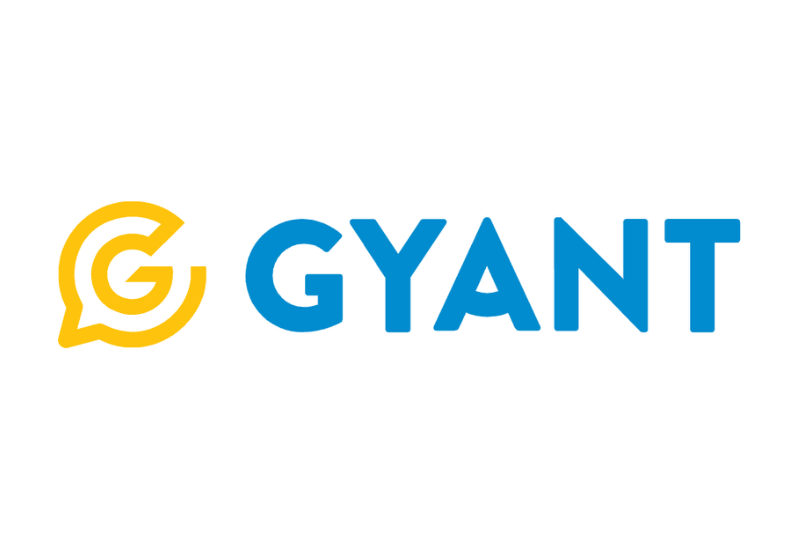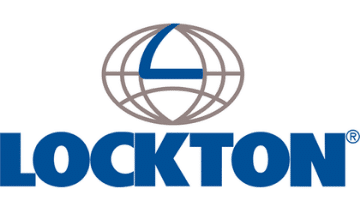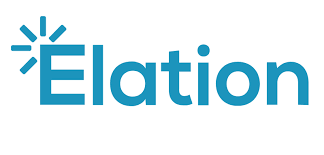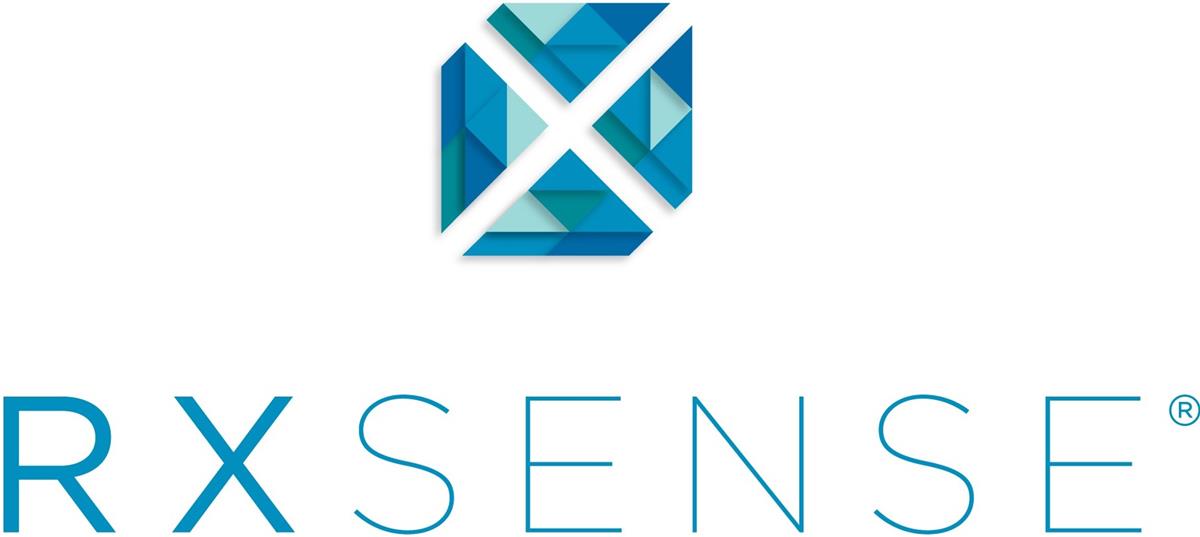Join us for our HITRUST Open House on Wednesdays from 11 a.m. to noon CST and learn the process and benefits of obtaining a HITRUST Certification.

HITRUST Certification
Simplifying the Path to HITRUST Certification
Simplify the Path to HITRUST CSF Certification
As an international gold standard of security, HITRUST can demonstrate that your organization meets the highest standards in information security. As a HITRUST Authorized External Assessor, BARR has extensive experience in the HITRUST process and tools, and can serve as your trusted partner every step of the way.
How it Works
HITRUST Readiness Assessment
A readiness assessment is recommended prior to the validated assessment in order to identify control weaknesses that need correction. Deliverables from the readiness assessment include:
- Preliminary control discovery results that will assist in documenting process narratives and crafting the description of controls;
- Control gaps and areas of improvement; and,
- Prioritized observations and recommendations for remediation.
The advantage of performing a readiness assessment prior to a HITRUST assessment is to give management an opportunity to address control gaps prior to an inaugural examination as well as help with required risk assessment activities.
HITRUST Validated Assessment
The validated assessment includes a number of testing procedures to ensure compliance gaps have been appropriately identified and controls are implemented and operating effectively. Testing procedures include:
- Walkthroughs with personnel interviews to verify policies and procedures are documented;
- Inspection of CSF-relevant policies and procedures to verify adequate coverage of CSF requirements;
- Technical testing to validate the implementation of relevant controls; and,
- Observation of relevant controls and control processes
Inspection of mechanisms used to manage relevant controls.
BARR’s HITRUST Services
A low-effort, entry-level assessment that focuses on the 44 most critical cybersecurity requirements. It’s a good first step for organizations that are just starting out or have low levels of risk, and it can help them demonstrate that they’re following basic cybersecurity practices. The e1 assessment is valid for one year and includes mitigations for threats like ransomware, phishing, and abuse of valid accounts.
A moderate-level assessment that takes 6–12 months to complete and is suitable for organizations with robust information security programs. It’s more comprehensive than the e1 assessment and offers a higher level of assurance by covering more controls. The i1 assessment is a good fit for organizations that want to demonstrate leading security practices.
A robust assessment for established organizations who obtain a significant volume of sensitive data and protected health information (PHI) to keep secure. As the most comprehensive of the HITRUST assessments, the r2 can take 18-24 months to complete and is key for organizations that need high-level assurance and have the necessary resources and team dedicated to complete a larger, more complex assessment.
The HITRUST AI Security Assessment is a comprehensive, threat-adaptive framework designed to help organizations secure AI with confidence. With 44 tailored controls to address AI-specific risks, it offers a comprehensive, threat-adaptive framework that provides assurance to customers that your AI-powered platforms and applications are secure. By achieving a HITRUST AI Security Certification, organizations demonstrate top-tier security and build trust with customers and stakeholders.
The HITRUST AI Risk Management Assessment is a comprehensive solution that helps organizations identify and manage risks associated with artificial intelligence technologies by leveraging 51 harmonized controls aligned with ISO/IEC 23894:2023 and NIST AI RMF standards. It provides actionable insights through detailed scoring and reports, empowering organizations to strengthen their AI risk management strategies.
Benefits of HITRUST
Stay up-to-date on the latest security risks.
Differentiate your business from the competition.
Secure trust among stakeholders.
Decrease risk of data loss or breach.
Access to ongoing improvement plans with interim assessments.
Peace of mind knowing patient data is protected.
Contact Us for a Free Consultation
Speak with a BARR specialist about your security and compliance needs.
HITRUST Resources
Proud to Serve Leading Healthcare Organizations
Contact Us for a Free Consultation
HITRUST Frequently Asked Questions
HITRUST CSF is a standard that organizations can use effectively across any industry — not just healthcare. HITRUST compliance provides a consensus-driven standard of due care and diligence for protecting information. This includes electronic protected health information (ePHI), personally identifiable information (PII), payment card data, proprietary information, or other sensitive information. Because HITRUST offers a portfolio of validated assessment options based on complexity and risk profile, it also can be used for organizations of any size.
When it comes to HITRUST assessments, the level of effort each assessment takes directly correlates to the level of assurance it provides. For example, while the e1 Assessment is low effort, it provides only basic assurance. The r2 Assessment requires significantly more effort, but a higher level of risk assurance. Learn more about the different types of HITRUST certifications.
The timeline for the HITRUST assessment process can vary depending on the type of HITRUST certification. On average, the e1 Assessment takes 3 months, the i1 Assessment takes 6-12 months, and the r2 Assessment takes 18-24 months.
In addition to safeguarding your organization’s data, obtaining a HITRUST certification can demonstrate a commitment to the security and privacy of your customers. A HITRUST assessment and resulting certification can also convey assurances over other authoritative sources like HIPAA and ISO.
The HITRUST e1 and i1 Assessments remain valid for one year after the issuance date. After that year, we recommend building on the established cybersecurity foundation with a higher-level HITRUST certification. The HITRUST r2 Assessment is valid for two years with an interim period in between.
HITRUST certification is a globally recognized standard that verifies an organization’s compliance with data security and privacy requirements. The Health Information Trust Alliance (HITRUST) created the HITRUST Common Security Framework (CSF) to help organizations manage the risks of handling sensitive data, such as healthcare information. HITRUST certification demonstrates that an organization’s systems meet the CSF’s standards and regulations.
HIPAA (Health Insurance Portability and Accountability Act) is a US law that sets standards for how healthcare organizations handle patient health information (PHI). HITRUST (Health Information Trust Alliance) is a global framework that helps organizations manage information risk and secure sensitive data, including compliance with HIPAA.
When starting the HITRUST CSF process, it can be helpful to conduct a readiness assessment, formerly known as the self assessment. The readiness assessment happens prior to the validation assessment and provides your organization with a clear understanding of the controls you have in place and any security challenges that might occur. During this phase, your organization evaluates itself under HITRUST CSF requirements. Read our blog post for more information.
HITRUST Level 1 (i1) and Level 2 (r2) certifications are both part of the HITRUST CSF (Common Security Framework), which helps organizations in healthcare manage security, privacy, and regulatory challenges. The main differences between the two levels are the number of controls required, the length of the certification, and the maturity levels evaluated. We explain the differences in this blog post.
Whether you’re a healthcare organization navigating the complex landscape of patient data or a service provider working to process and store data in a secure manner, HITRUST e1 Assessments and SOC 2 reports play a pivotal role in assuring clients, stakeholders, and partners that you’re taking information security measures seriously. Learn the difference between the two in our blog post.
As a HITRUST Authorized External Assessor, BARR Advisory has extensive experience in the HITRUST process. We serve as your trusted partner every step of the way through our two-phase, five-step HITRUST roadmap to certification. Check out our simplified overview.














